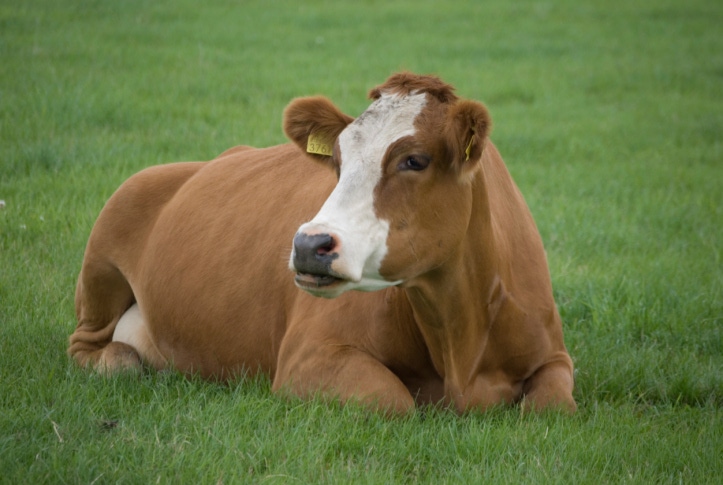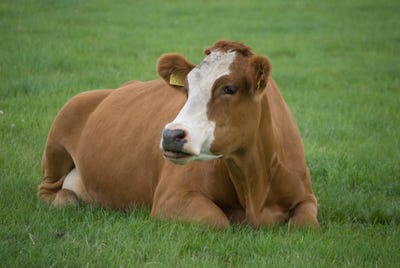August 13, 2013

 Baseball isn’t the only business facing a problem with performance-enhancing drugs.
Baseball isn’t the only business facing a problem with performance-enhancing drugs.
Tyson Foods, the world’s second largest beef company, shook up the livestock markets last week when it announced that it would stop buying cattle that had been fed Zilmax, a feed supplement designed to speed the time needed to get animals ready for processing. Merck, the manufacturer of Zilmax, touts the drug as “an FDA-approved feed supplement for cattle that has been used by cattle farmers globally for nearly two decades to improve cattle’s natural ability to convert feed into more lean beef that is flavorful, tender and juicy.”
Let’s ignore the fact that a growing number of chefs and other culinary experts will argue that producing meat that is flavorful, tender and juicy is not the primary purpose of using Zilmax. But, according to one industry analyst, up to 80 percent of the commercial cattle in the United States are fed Zilmax or Eli Lilly & Co.’s alternative additive, Optaflexx. Ironically, China and Russia already restrict imports of meat produced with Optaflexx, which is a brand of ractopamine.
Really, China and Russia are worried about the safety of food they import from the United States?
Tyson said its decision to stop buying Zilmax-fed cattle wasn’t based on food safety concerns. Rather, the company knows that a large percentage of the cattle they receive at their processing plants have difficulty walking off the trucks or are unable to move.
A couple of years ago, Hallmark Meat was busted for violating the regulations that prohibit the processing of downer cows. Examination of the videos surreptitiously taken at Hallmark showed that most of the downers were “spent” dairy cows that had finished their useful life in the milking parlor. Those cows weren’t having difficulty walking because of age; their legs were simply worn out from a lifetime of carrying a milk-filled udder larger than anything possible in nature.
Just like baseball, the livestock business over the years has been pushing animals beyond the physical levels ever intended by Mother Nature. Cattle are selectively bred for skeletal frames that will hang the maximum amount of meat. Drug companies have developed steroids and other growth promoting drugs that pack on the most weight in the shortest number of days. Dairy animals bred to produce large udders are injected with bovine growth hormones to fill those bags with increasing volumes of milk.
Many of us have known for years that consuming meat and dairy products produced with steroids and other growth promoting drugs isn’t healthy for us. It’s increasingly obvious that those dugs aren’t good for the animals as well. When Commissioner Bud Selig wraps up his work with baseball, perhaps we can convince him to help us clean up the abuse of performance enhancing drugs in agriculture.
You May Also Like


